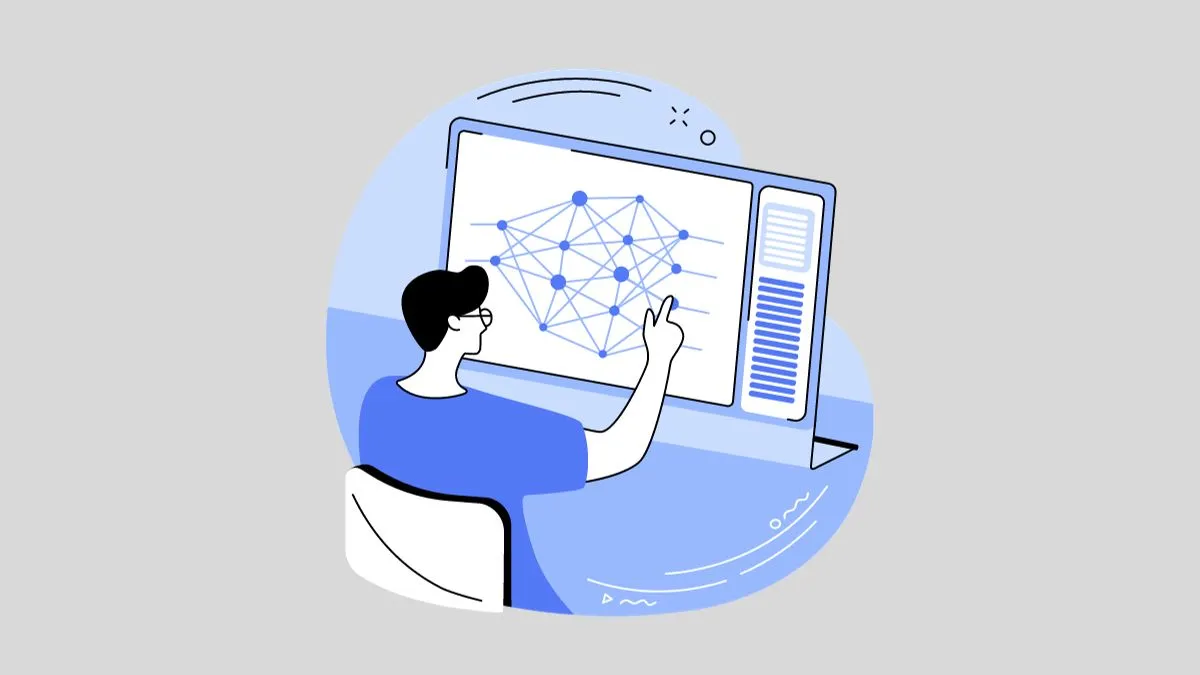New technology helps people across the world communicate. Smartphones and the internet allow instant communication globally. Over 5 billion people use the internet. They can talk to anyone, anywhere.
Video calls are very popular. People use Zoom and Skype for work and family chats. Video calls kept people connected during COVID-19. Students took online classes on Zoom. Workers did their jobs from home using video chat. Fast internet connections made this possible.
Companies Use Tech to Reach Global Markets
Companies need technology to communicate globally. Teams at big companies use Slack and Microsoft Teams. This helps employees in different countries work together.
Amazon and Alibaba use AI to recommend products to buyers worldwide. Social media helps companies build brands globally. Platforms like Instagram and LinkedIn create worldwide brand communities.
Asia has almost 3 billion internet users. Companies want to reach this huge market. Chinese shopping apps like Shein use China-first strategies. In a nutshell, tech enables companies to expand globally.
The Evolution of Communication Tech
Communication has changed a lot. It went from telephones and mail to instant digital messaging. The big shift came with social media.
Platforms like Facebook and Twitter connect people worldwide. Messaging apps like WhatsApp and WeChat enable real-time chats. These apps changed professional networking and personal connections across borders.
The Rise of Social Media
There are over 4.8 billion social media users worldwide today. Facebook was launched in 2004 for college students. Within 2 years, anyone over 13 could join Facebook. User numbers skyrocketed.
Facebook acquired Instagram in 2012. Instagram now has over 2 billion monthly active users. It is especially popular with young people. Over 95% of teens in the U.S. use Instagram.
The first tweet happened in 2006. Twitter now has over 300 million monthly active users. Social media has become pivotal for news, politics, and activism.
AI and the Future of Global Communication
Artificial intelligence (AI) will improve worldwide communication. Chatbots like Siri understand natural speech. As AI advances, the possibilities are exciting.
AI can enable very accurate translation to remove language barriers. It can customize platforms for different cultures too. AI will make global communication seamless, AI will make global communication seamless, nuanced, and more accessible, especially for companies with call centers.
The Promise of 5G Networks
5G networks started rolling out worldwide in 2019. 5G is 20 times faster than 4G. Download speeds on 5G can reach up to 1,000 Mbps compared to 50 Mbps on 4G.
5G will transform global communication. 5G can reduce lag and buffering to a greater extent. Virtual reality and augmented reality services will improve. Autonomous vehicles and smart cities rely on super-fast 5G networks. Healthcare and education will also benefit from enhanced connectivity.
The Need for Security and Ethics
Secure systems are crucial for worldwide networks. Blockchain provides security for global transactions. Encrypted messaging apps protect sensitive data shared across borders.
Strict data privacy laws build user trust. Following regulations like GDPR reassures customers. Proactive cybersecurity is vital today.
Global communication must also be ethical. Tech access is still unequal worldwide. Solutions promoting digital equality matter. Respect for cultural nuances is also key. Localization and translation help share relevant cross-cultural messaging.
The goal is to enable seamless global communication without sacrificing diversity.
The Digital Divide
Many people still lack internet access. This digital divide excludes them from global communication. Women, rural populations, seniors, and low-income groups are most affected.
Bridging the digital divide requires closing gaps in tech infrastructure. Many countries need more broadband and mobile networks. Providing affordable devices and data plans also helps increase internet adoption.
Digital literacy programs empower excluded groups to use technology. Easy-to-use interfaces cater to different abilities. Ensuring digital inclusion enables more people to get the benefits of global communication.
How Social Media Shapes Culture
Social media influences culture in powerful ways. Platforms like YouTube and TikTok drive music and fashion trends globally. Hashtags spread messages worldwide in minutes.
Influencers on Instagram and other sites impact beauty standards. Memes and viral content reflect and shape shared humor. Social causes gain momentum on social media through collective awareness and activism.
On the other hand, social media can also enable misinformation and polarization. Curation algorithms control what users see, often promoting inflammatory content. Responsible information sharing on social media is essential.
Tech’s Environmental Impact
Information technology enables global communication but also consumes significant energy. Data centers, networks, and devices have a sizable carbon footprint.
Tech companies must use renewable energy and optimize efficiency. Environmental sustainability should be a priority. Policies encouraging green tech infrastructure and recycling e-waste matter.
Consumers should also use technology with responsibility and accountability. Small changes can make a big difference. It can be buying tech that less harms the environment and extending product life cycles. Even turning off the devices timely can contribute. Collective action is key to reducing tech’s environmental impact.
Conclusion
Modern technology breaks down geographical barriers to communication. Businesses should use AI, 5G networks, and other innovations. It can help businesses engage global audiences in an ethical way. The focus should be on bringing the world closer through technology.
Frequently Asked Questions
How do social media influencers make money?
Influencers earn money from brand sponsorships. Brands pay influencers to promote products on social media. Influencers also get paid when users click affiliate links they share. Big influencers can make over $100,000 per sponsored post.
What are the benefits of smart home devices?
Smart home devices provide convenience, security, and energy savings. Smart speakers play music and answer questions. Smart lights and thermostats can be controlled remotely to save power. Smart locks and cameras improve home security.
What are the benefits of integrating a phone system with Salesforce?
Salesforce integration makes agent workflows more efficient. Agents can log calls, update records, and click to dial contacts within Salesforce. This saves time switching between programs.
How does integration improve customer service?
Integration gives agents the customer context they need to resolve issues faster. Quick access to order history, past interactions, and other data leads to more personalized, seamless service.





